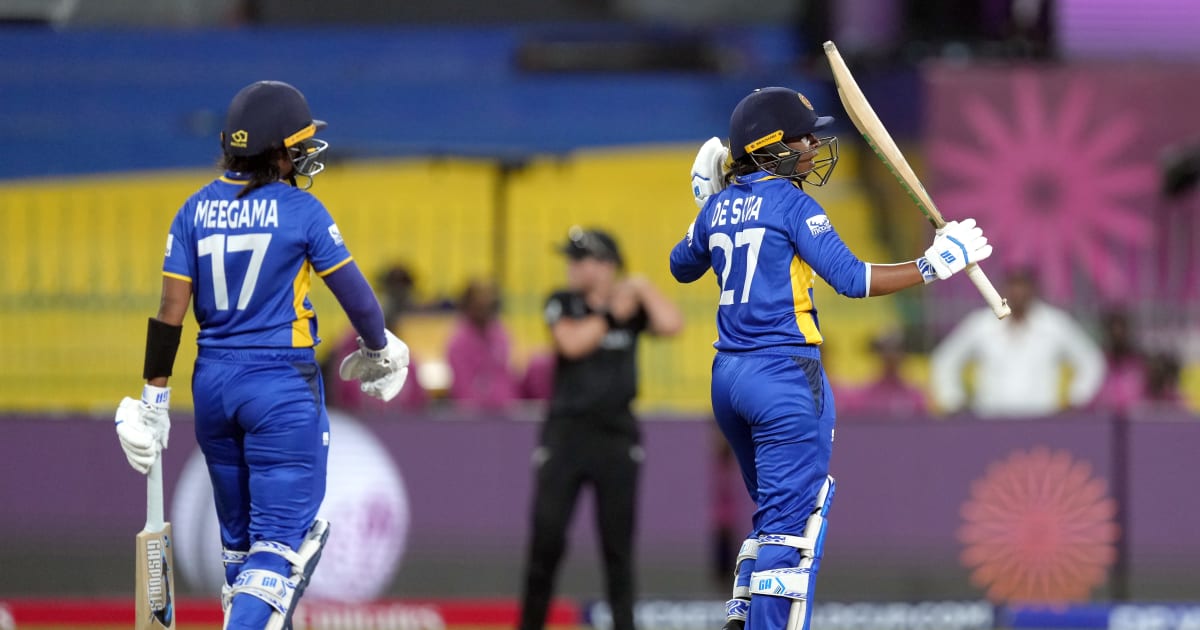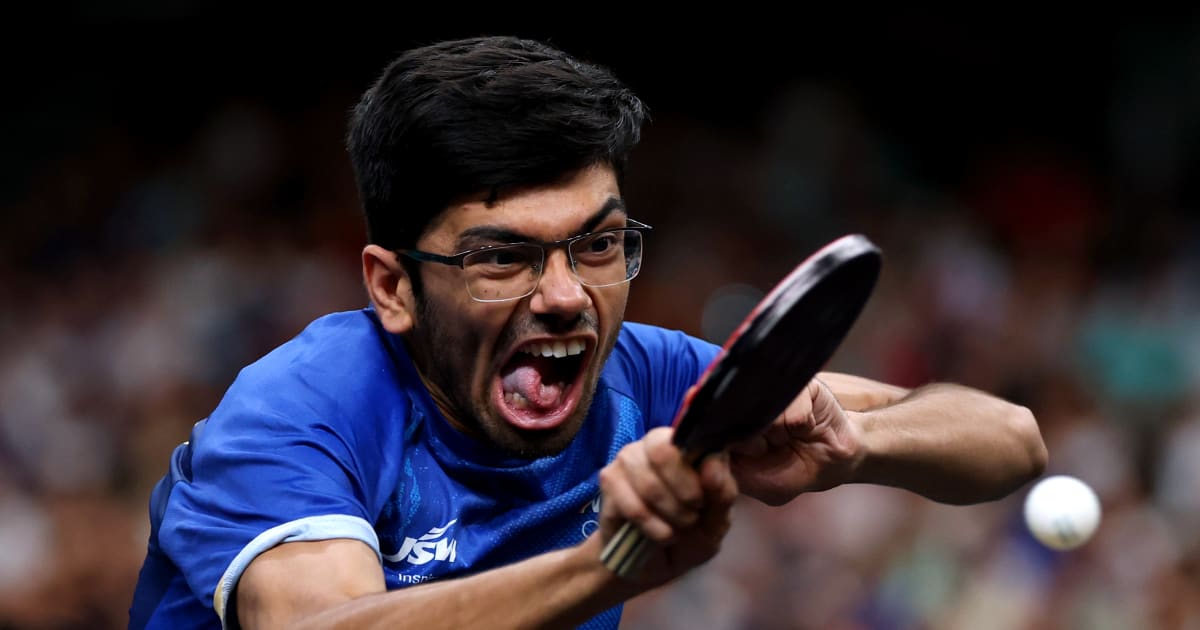Referee bodycams activated only six times during grassroots trial

Bodycams were activated six times by referees during the expanded trial last year and Nathan Magill, the FA’s head of referee development, believes they are acting as a deterrent. He says the FA is supporting a Fifa initiative to come up with new technology that would make bodycams more accessible.“Everyone will look at the data and the number of activations and go, ‘That’s low, it’s not solving the problem’ — but it’s very much a preventative issue,” Magill told The Times at the Portugal Football Summit in Lisbon. “What we’re seeing is teams that had poor behaviour last season, when they see the ref turning up with a camera, they modify their behaviour because they don’t want to be that person on camera. We’re really conscious that the end goal is about how we get this wider, and allow referees the choice to make sure they feel supported. We’re working with Fifa to make the technology more accessible.“We’ve seen positives from it. We think it’s got some merit. We should be alarmed, I think, as a game that it has to come to this. But if this is the action we need to take to protect our people then it’s logical for us to try to get it out to as many people as we can.”The FA is still collecting data from the expanded bodycam trial and will use that feedback to detail the next phase of the project. This season bodycam use is being targeted at leagues according to disciplinary records.Magill says booming participation adds to the challenge of retaining referees, but that numbers are at the highest level since before the pandemic, with about 40,000 referees this season, while retention rates are at “80 per cent”.This year, Magill says, the FA has introduced support officers to help 1,200 referees in steps five and six of non-League football (the ninth and tenth tiers of the pyramid).“Ultimately we’re losing not just referees but you’ll lose other aspects of the game because of people not being treated in a fair way,” Magill said.“There’s a change in societal behaviour from where it was 20 or 30 years ago. But the second thing is there’s also less tolerance for people making mistakes, in a social media era, because everything is filmed.“The accessibility of technology has created it and it’s great for player development and growing clubs, brands and sponsorship. But what that does do is create another level of pressure where everybody can scrutinise refereeing decisions in a public forum.“The big thing we’ve been conscious about at the FA is making sure the conversation around refereeing well-being and support is business as usual.”Magill, who was previously the head of refereeing for Football Australia, was appointed by the FA last year to oversee development of officials below those in the professional game under the jurisdiction of the elite body PGMOL — from the second step of non-League through to grassroots level. His aim is to instil a ten-year vision for refereeing development in England, including a “refereeing DNA”.“We have to make referees develop and grow with consistency, but then allow them to be human,” he said. “We don’t want refereeing like robots. We actually want referees to be able to communicate, interact with players, understand the game’s needs and wants all the time.“We wanted to be a little bit clearer about what English refereeing looks like because the road map for us is to produce a pipeline of talent for the PGMOL. The more referees we can put on their doorstep who have got a really good base of training, education and match experience makes their job easier.“The two organisations are separate entities. But when it comes to refereeing pathway, we want the same thing. We want a pipeline of talent that can referee in the Premier League, Women’s Super League, but then ultimately referee a World Cup final like we had with Howard Webb in 2010.”Magill was speaking at the inaugural Portugal Football Summit, hosted by the Portuguese Football Federation, at which speakers from more than 30 countries have included the Uefa president Aleksander Ceferin and Barcelona’s sporting director Deco, discussing development and innovations within the global game.He is also positive about the idea of ex-professionals becoming match officials, with a scheme between the Professional Footballers’ Association, PGMOL and the Premier League already in place.“Anything we can do to bring more football knowledge into refereeing is a good thing. We want it to be successful because we want more referees in the game,” Magill said.“Proof of concept will be hopefully [that] in 12 months’ time we’ll be sitting here and saying, ‘This is what we know from it’. It doesn’t mean you’re going to see a former pro do a course on a Monday and referee a Premier League game on a Sunday. But I think it’s got a role to play.”









